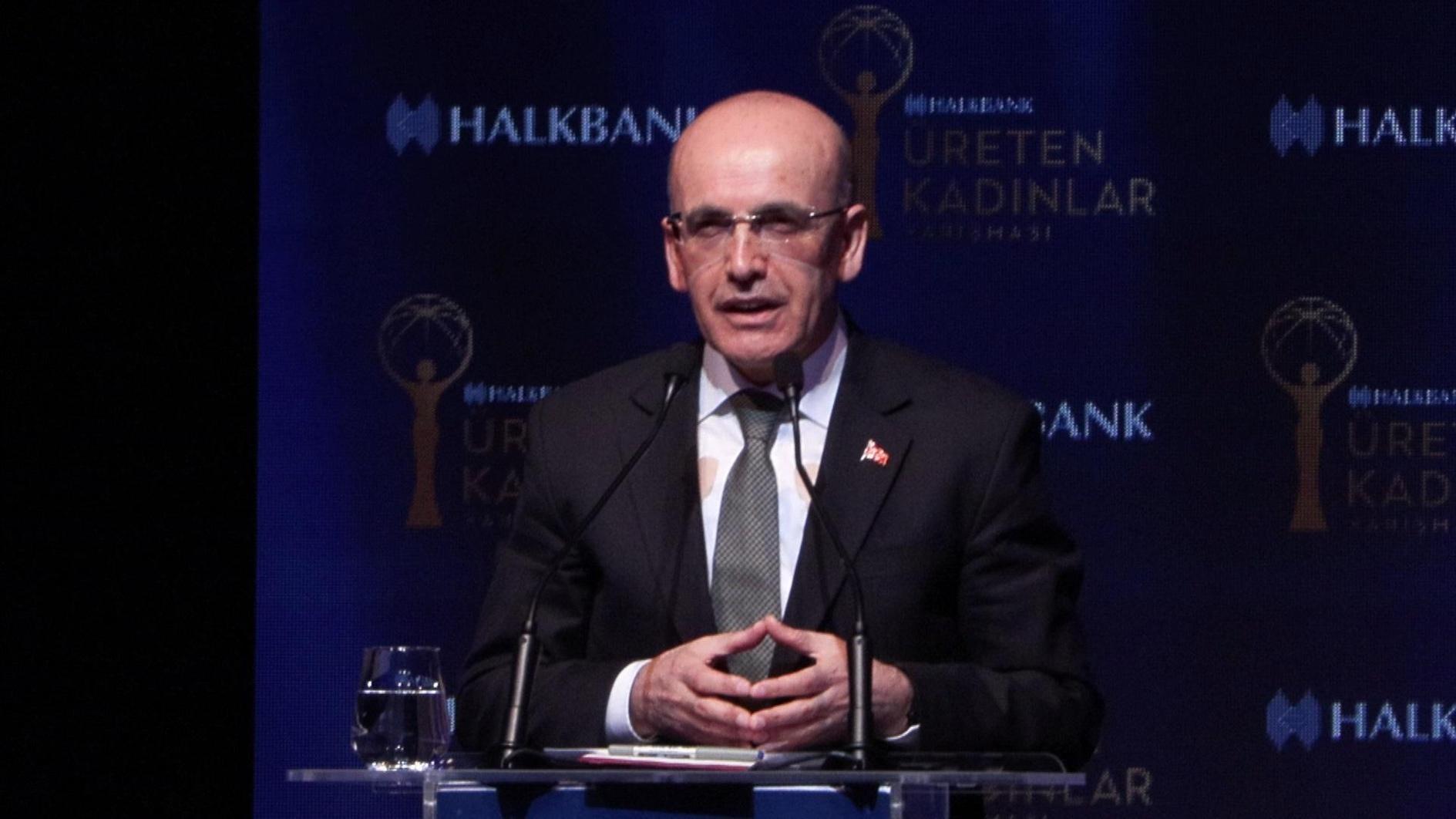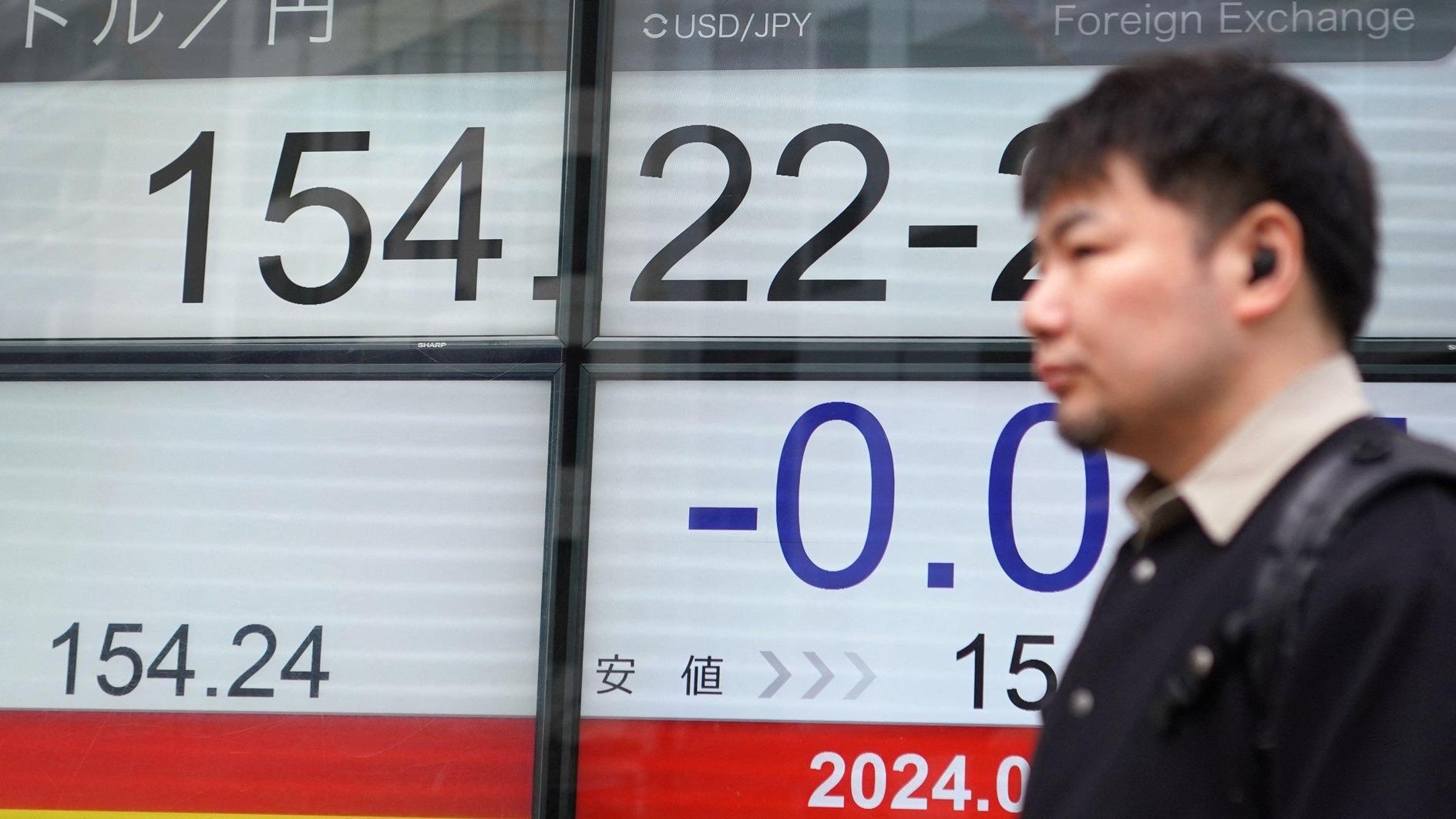Why are Western minds confused on Gülen?
Fethullah Gülen, the U.S.-resident Islamist preacher, has been accused of masterminding the bloody July 15 military coup attempt in Turkey not only by the government but also by all opposition parties and prosecutors.
President Tayyip Erdoğan and Prime Minister Binali Yıldırım of the ruling Justice and Development Party (AK Parti) have harshly accused Turkey’s Western allies of not giving necessary importance to the government’s sensitivity in its fight against the secret network of Gülen and against the coup plotters.
Let’s leave aside theories about the grey areas claiming that the Gülen network has been used as a tool by the U.S. intelligence community as a “moderate Islamist” asset in third world operations, and recently as a tool to overthrow the AK Parti in Turkey. On the one hand there is no solid evidence for that, and on the other hand the CIA’s involvement in the 1953 coup in Iran, for example, was only confirmed much later after being denied for many years; so you’ll never know.
But speaking about the facts, there are a few reasons to explain the reluctance and confusion in American and European minds over the Turkish government’s demands regarding the Gülen network.
First of all, AK Parti governments for years tried to convince their allies in the West, the U.S. and the EU that the “Turkish schools” run by Gülen’s network were an remedy for extremism and should be supported. That was, of course, until the government’s relations with Gülen started to sour in 2012 and severed completely in 2013.
The partnership was not limited to education. Turkey’s foreign economic relations in state visits by the president or the prime minister used to be coordinated by the Foreign Economic Relations Boards (DEİK), in coordination with the Union of Chambers and Commodity Exchanges of Turkey (TOBB) and the Turkish Industry and Business Association (TÜSİAD). But after a certain stage the AK Parti governments started to cooperate instead with the Turkish Confederation of Businessmen and Industrialists (TUSKON), an organization run by pro-Gülen investors.
From the opening up of new embassies in the third world to launching new routes for the Turkish Airlines, the presence of Gülen schools and the TUSKON network became key items on the government’s check list.
But today, by claiming that the AK Parti was for years deceived by the Gülenists and only realized their evils through bitter experience, President Erdoğan expects Ankara’s Western allies to change their attitude about the Gülenists overnight. That is not easy to achieve. What’s more, still under the effects of the post-coup attempt trauma, the Turkish government has been carrying out a harsh crackdown campaign against suspected coup plotters. There are big concerns in the West about overreach in the anti-coup investigation, from the arrest of journalists to mass dismissals from public jobs and debates on bringing back the death penalty.
The expression of those concerns leads to more suspicion in the Turkish government about possible protection for Gülen and his network being provided by the West.
What is needed to avoid misunderstandings on both sides is more dialogue – and more unbiased dialogue.











